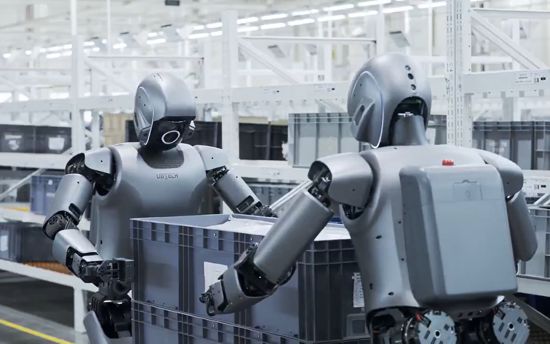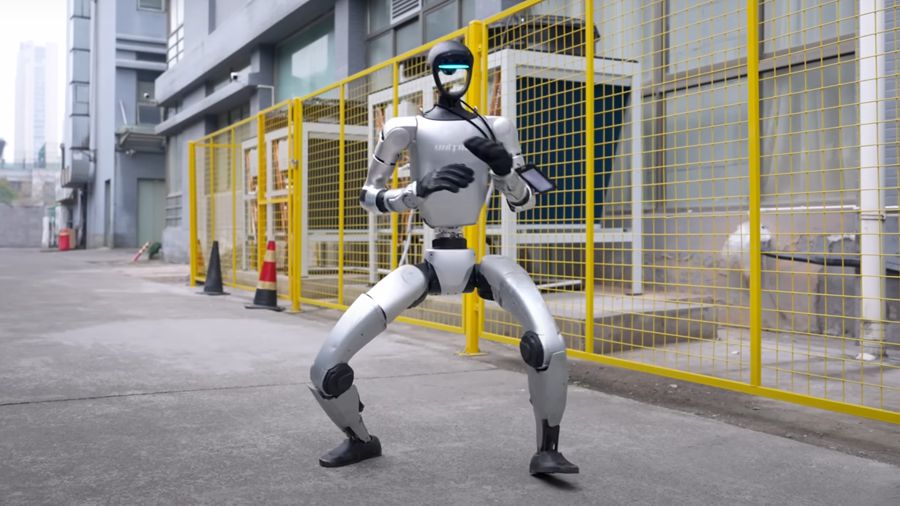Porn Discounts Sex Games Porn Games Juegos XXX Hentai Games PornStar Games 3D Porn Tantaly Sex Doll Cupsland Sextoy Live Cams
Live Sex Free Live Sex Free Sex Games Páginas Porno Rose Toy Free OnlyFans Celebrity Fappening Celebrity Sex Videos TikTok Porn Best OnlyFans
Live Sex Free Live Sex Free Sex Games Páginas Porno Rose Toy Free OnlyFans Celebrity Fappening Celebrity Sex Videos TikTok Porn Best OnlyFans
Published on 2024/01/11
NEW FEAR UNLOCKED: THE SANDER

david
Just as if there weren't already enough things in this life that are scary, now we have to add a new one to the list: The industrial sander. Don't get caught off guard and inadvertently bring your hand too close.
|
➡️ Let's do real, be real with Tantaly, the sex doll torso leader |
ExtraBall
Taking a break on the porch after a hard day of doing nothing.
ExtraBall2
(Clicking on these links daily you support ALRNCN's work. They're collaborators or sponsors and, by visiting their sites, they like us even more)







THE WORLD'S FIRST FACTORY WHERE ALL WORKERS ARE HUMANOID ROBOTS
If the factories of the future are fully automated, like Zeekr’s in China, where humanoid robots do all the work, a big question arises: how will private companies make money if people aren’t working, don’t have incomes, and therefore can’t buy what those factories produce? Right now, the system works because workers earn a salary and spend it, but if robots take over everything, that cycle breaks.
The most talked-about solution is universal basic income, a kind of state-funded allowance so people can live without working. But here comes another paradox: if you get paid just for existing, what incentive is there to strive for more? Some might work to earn extra and improve their lifestyle, but those who rely solely on basic income will become the new poor. They won’t lack the essentials, but they won’t be able to aspire to anything more either. It would be like a modern-day rationing system—you can survive with the basics, but not really live well.
And here’s the key point: in any society, there will always be an elite. If factory owners lose control of the money because no one can afford to buy their products, the state will take over, deciding who gets what and under what conditions. Those who manage this system will become the new gods of Olympus, controlling everything while the rest simply depend on them. Whether it’s through big corporations or an all-powerful state, there will always be a few who hold the reins while the rest rely on whatever they decide.
So, who should govern us—the private sector or the state?
Neither one in absolute terms. If the private sector holds all the power, the relentless pursuit of profit could turn people into mere cogs in a machine designed to enrich the few. But trusting the state blindly isn’t the answer either, because history has shown that when bureaucrats and politicians take full control, things often slide into communist models that fail, suffocating individual freedom and crushing innovation.
The only viable path is balance. The private sector must continue driving progress, technology, and advancements in healthcare, education, and science—thanks to competition and financial incentives. But the state, as the voice of the people, must ensure that progress doesn’t come at the cost of our freedom or dignity. A system where innovation moves forward, but with enough oversight to prevent anyone from becoming a slave to it.

# Watch video
ExtraBall
Smells like petunias with a hint of jasmine.
Full video
She is actress Lena Paul— click here to watch more of her scenes.
ExtraBall2
(Clicking on these links daily you support ALRNCN's work. They're collaborators or sponsors and, by visiting their sites, they like us even more)











THE GENDER PAY GAP EXPLAINED IN A SINGLE VIDEO
david
We’ve all heard about the infamous "gender pay gap": that sinister conspiracy where men supposedly earn more "for doing exactly the same job," because obviously, the evil patriarchy just loves paying women less out of sheer cruelty, keeping them firmly under its thumb—despite the fact that this practice is literally illegal in almost every developed country.
But fine, let’s play along with that idea for a moment: men earn more ON AVERAGE than women, but honestly, have you ever stopped to think why men statistically take home higher salaries? Or do you just buy into it because it’s a mantra repeated endlessly? Maybe—just maybe—it’s because men are out there freezing their asses off on deep-sea fishing boats, getting tossed around by violent storms, handling chains heavier than your car, or sweating away on oil rigs and construction sites, risking their lives every single day. Perhaps it’s related to voluntarily choosing insanely dangerous, physically exhausting, and generally miserable jobs that pay better precisely because no sane person would do them willingly.
So yes, ladies and gentlemen, a pay gap certainly exists. And it seems firmly located in places where most people wouldn't set foot for a million dollars, let alone for 20 or 30 grand a month. But sure, go ahead and keep believing the gap is just the patriarchy flexing its muscles from comfy offices.
And this, dear friends, is the cold, wet, gritty truth behind the famous pay gap.

# Watch video
ExtraBall
Slow motion of the day.
ExtraBall2
(Clicking on these links daily you support ALRNCN's work. They're collaborators or sponsors and, by visiting their sites, they like us even more)

























RECOMMENDED SITES
 Add your site
Add your site
- Motherless
- mybigtitsbabes
- BoobieBlog
- celeb-stalker.com
- Babes & Bitches
- drunkenstepfather
- Erotic Beauties
- Candid Teens
- Kanoni Net
 Add your site
Add your sitePorn Discount
💩 CrazyShit
🤪 eFukt
NudeChatGirls
👉🍑 Top XXX Pictures
Bingo Porno
Best Porn Blog Sites
Sex Games
Real Amateur Porn
MrPornGeek
CamBB.xxx
ChatSex.xxx
Comepollas
PornScn Free Porno
AI Girlfriend App

















HOW THEY'RE MADE
You see them every day, silently waiting for you to choose. You approach them, size them up, take a deep breath, and pick the ones that motivate you the most—and from that moment, there’s no turning back. They’re part of your daily routine, helping you grow stronger and push your limits. But behind these workout companions you grip so firmly lies a story you've never imagined. Have you ever wondered how they're made, or how they come into existence?

# Watch Videos
ExtraBall by david
Today's slow-motion special.
ExtraBall2
(Clicking on these links daily you support ALRNCN's work. They're collaborators or sponsors and, by visiting their sites, they like us even more)












IT'S SO FAT
Making out with this girl must feel a lot like getting your face licked by a Saint Bernard.

# Watch videos
ExtraBall
Proper stretching is key.
ExtraBall2
(Clicking on these links daily you support ALRNCN's work. They're collaborators or sponsors and, by visiting their sites, they like us even more)











Contact
You can tell us whatever you want via email: [email protected]
If you prefer, you can use this contact form:
If you prefer, you can use this contact form:






THE KUNGFU BOT FROM UNITREE ROBOTICS COULD REPLACE YOUR BOUNCER
Unitree Robotics is a Chinese company specializing in advanced robotics. Founded in 2016 by Xingxing Wang and based in Hangzhou, the company gained fame for its robotic dogs, known for their agility, stability, and affordability compared to competitors like Boston Dynamics.
Although these robots are often marketed as tools to assist humanity in research, industry, and consumer applications, the truth is that they could also be deployed in warfare. Best not to dwell on that too much—like drones, they are a total game-changer.
For now, let’s focus on Unitree Robotics' latest masterpiece: the Kungfu BOT, a bipedal version of their robotic dogs with a humanoid appearance and the ability to perform an impressive 720-degree spinning kick. Imagine facing one of these if you step out of line at a bar!

# Watch videos
ExtraBall by david
The slow-motion shot of the day.
ExtraBall2
(Clicking on these links daily you support ALRNCN's work. They're collaborators or sponsors and, by visiting their sites, they like us even more)










6D KARAOKE ROOMS
An innovative karaoke system in Asia is revolutionizing the experience with 6D technology, where LED projections and sound effects create an immersive environment. Several viral videos show these rooms in action—some, for example, use visuals that trick the brain into believing water is flooding the space, causing dizziness in some viewers. This new trend takes karaoke to another level, blending virtual and augmented reality, proving once again that Asia leads the way in entertainment innovation.

# Watch videos
ExtraBall by walter
Today's slow-motion moment.
ExtraBall2
(Clicking on these links daily you support ALRNCN's work. They're collaborators or sponsors and, by visiting their sites, they like us even more)































